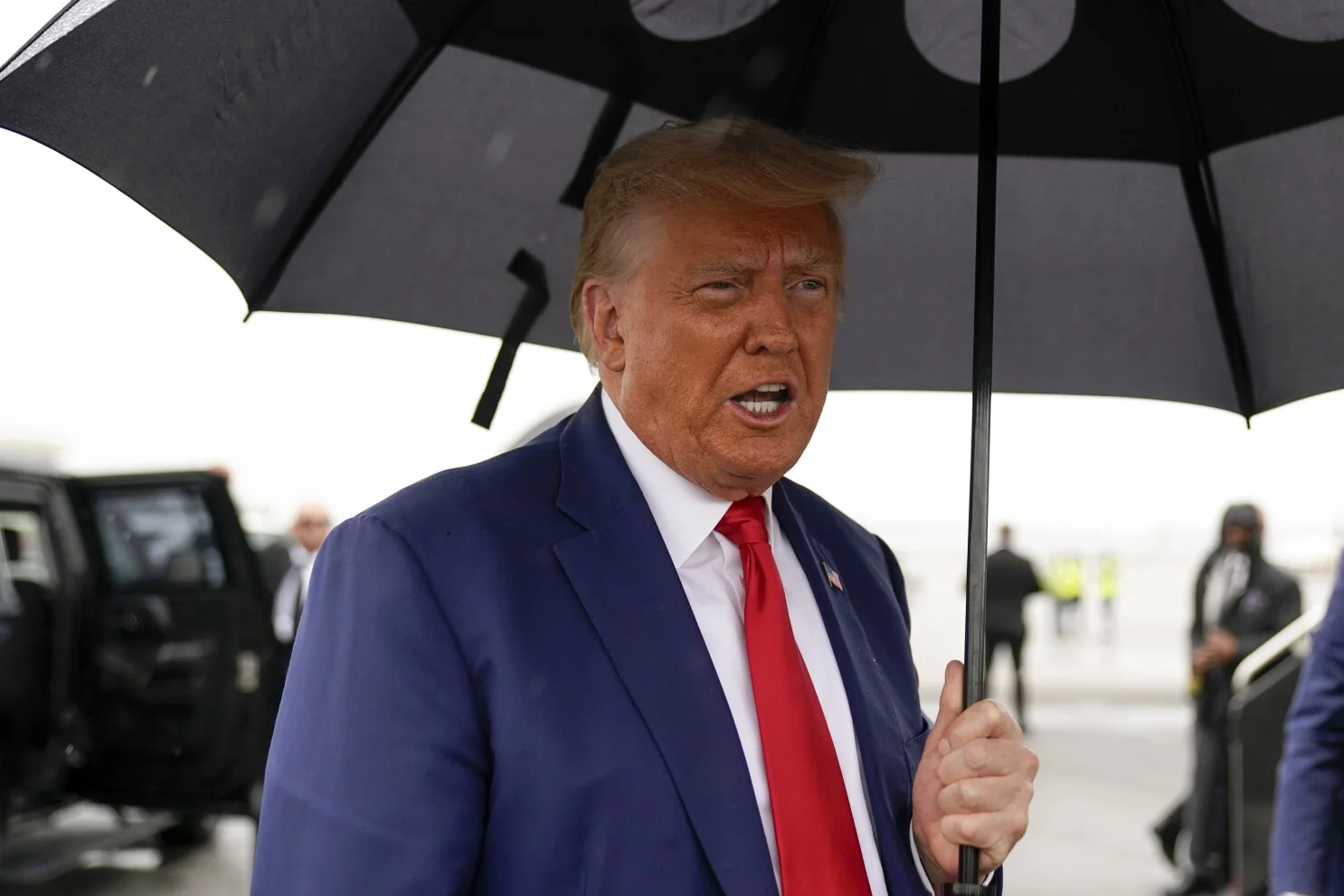In a significant development, court documents have come to light, revealing a search warrant that Special Counsel Jack Smith’s team obtained earlier this year, targeting records linked to former President Donald Trump’s Twitter account. This revelation provides insights into an ongoing legal battle that has remained shrouded in secrecy for months. The federal appeals court in Washington, which is overseeing the case, has now released details that shed light on the contentious issue.
The disclosed court documents underscore that the search warrant was issued on January 17. The warrant specifically directed the social media giant Twitter, which is referred to in the documents as X, to furnish crucial information from Donald Trump’s Twitter account. This account gained prominence due to its activity leading up to the January 6, 2021 attack on the Capitol.
The documents reveal that the court found “probable cause to search the account for evidence of criminal offenses.” Furthermore, the government imposed a nondisclosure agreement on Twitter, effectively restricting the platform from disclosing the existence of the warrant.
However, the legal battle took a turn as Twitter resisted complying with the warrant, leading to a federal judge holding the company in contempt and imposing a substantial $350,000 fine. The documents disclose that Twitter eventually did comply with the warrant, but its failure to produce the requested information within the court-ordered deadline resulted in the imposition of a financial penalty.
The court’s ruling dismissed Twitter’s assertion that it should not have been held in contempt or subjected to sanctions. The ruling emphasized that maintaining the confidentiality of the warrant was crucial to prevent alerting former President Donald Trump about its existence. Such awareness could potentially have disrupted the ongoing investigation.
While the exact nature of the information sought from Trump’s Twitter account remains undisclosed, experts speculate that it likely pertains to data concerning the timing, location, and engagement of his tweets. Additionally, the information sought could relate to accounts that reposted his content. Notably, the recently unsealed indictment against Trump references his tweets and charges him with conspiring to subvert the will of voters and retain power after losing the 2020 election. The court documents have unveiled a new layer of complexity in the ongoing legal battle surrounding former President Trump’s actions and the events leading up to January 6, 2021.




